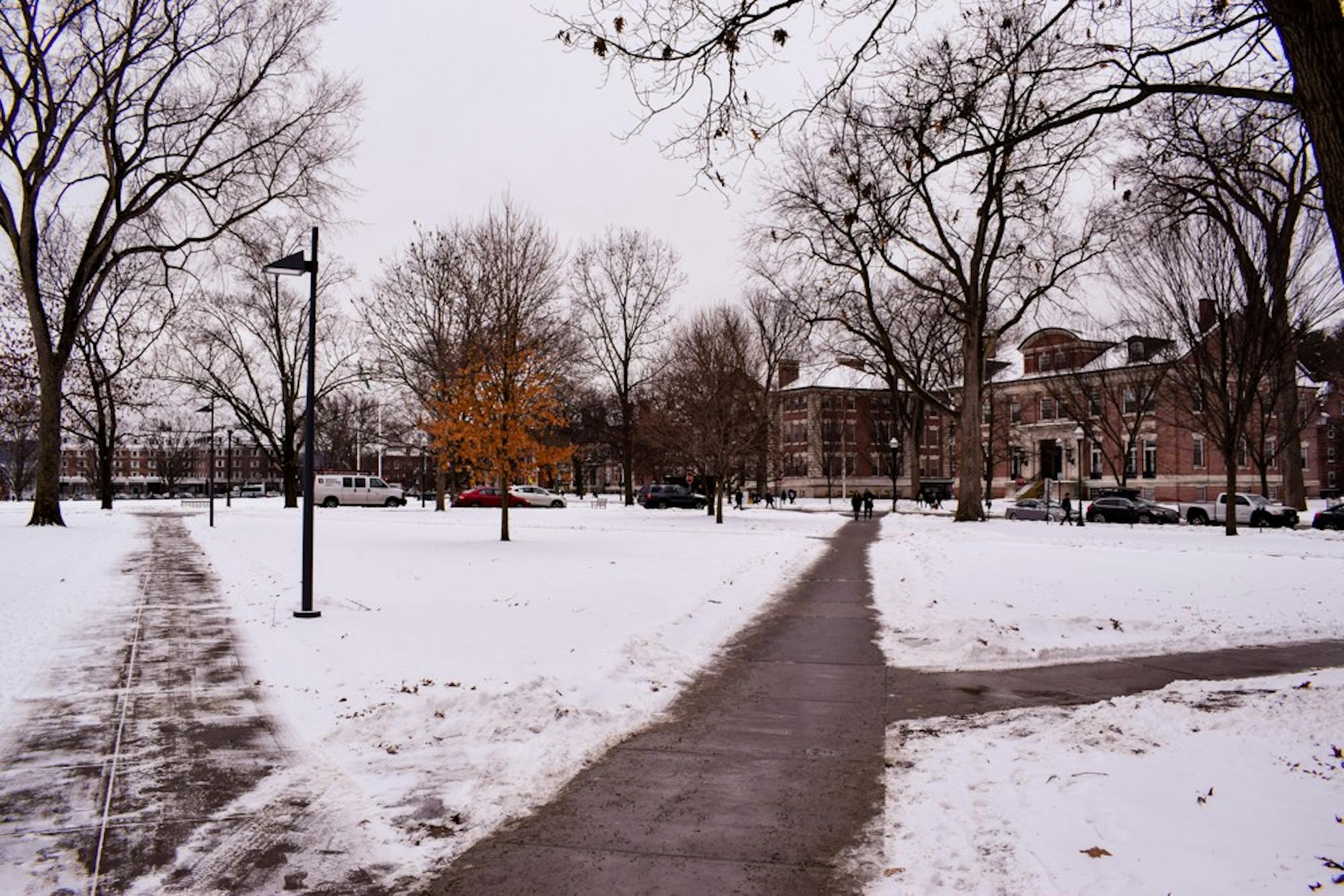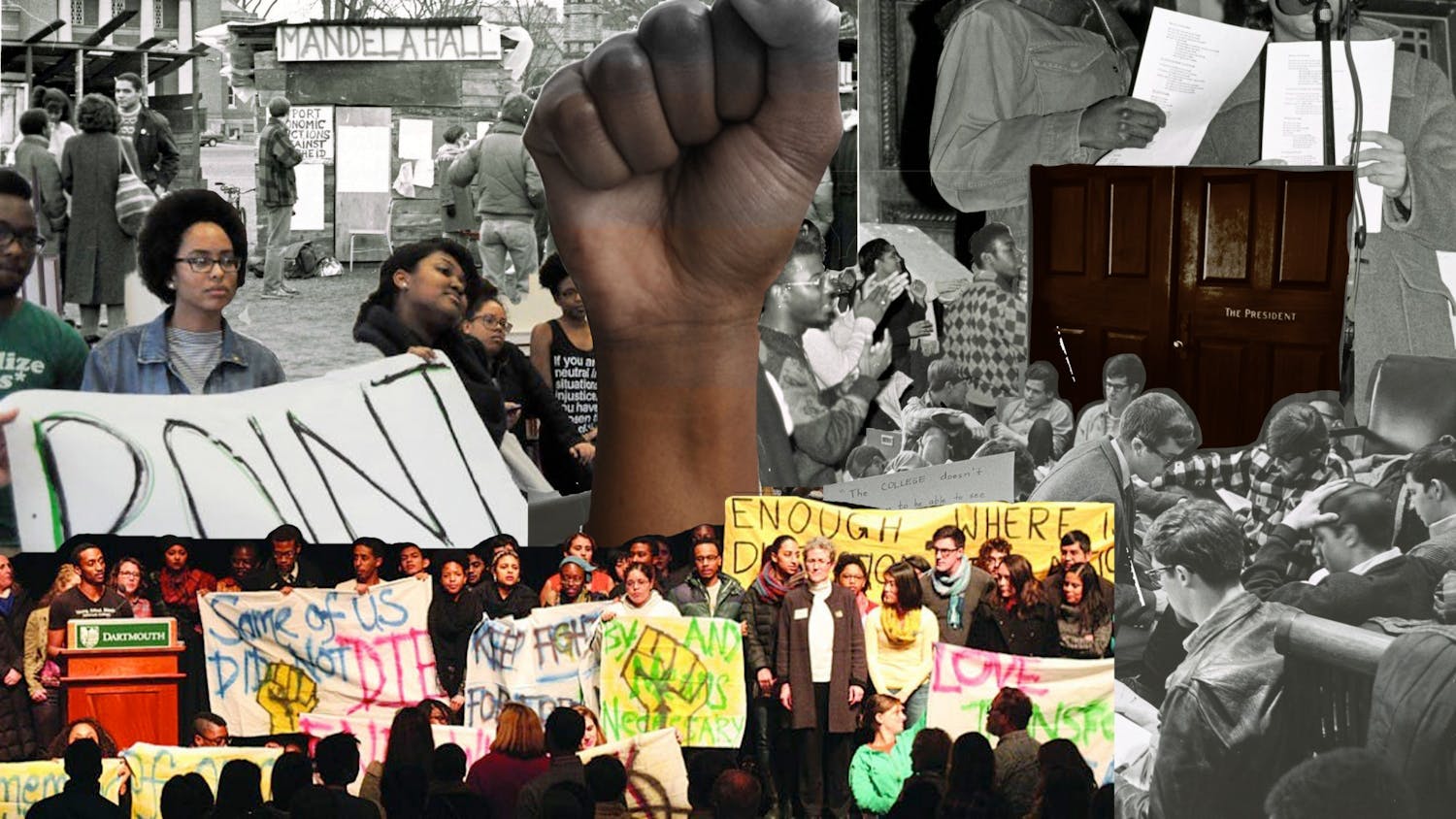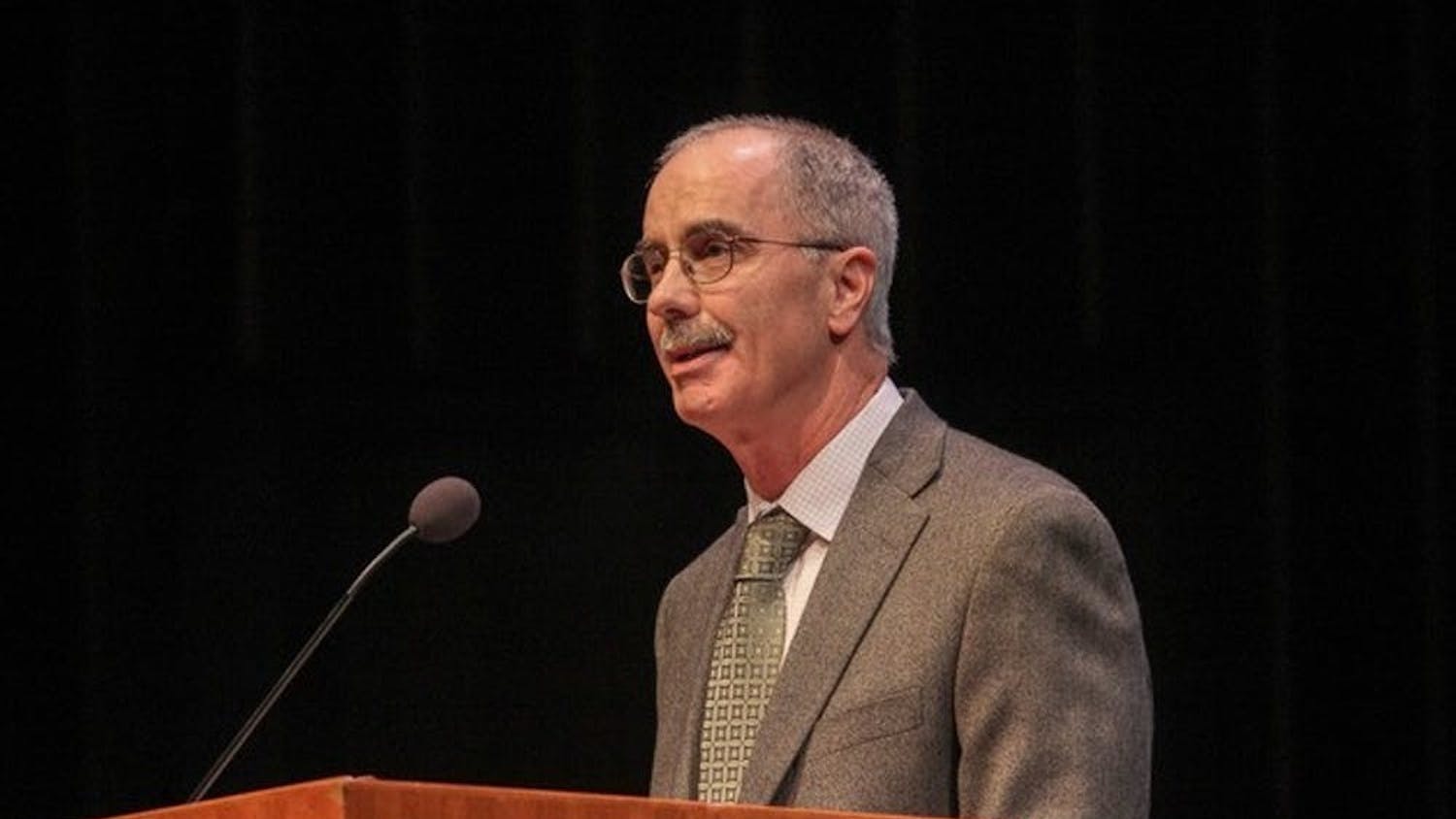Updated Jan. 28, 2021 at 9:15 a.m.
The Dartmouth Student Union, a student advocacy and fundraising collective, has raised over $50,000 for its mutual aid fund since its inception last April, providing stipends to over 100 students.
Since its founding, the DSU has worked to raise funds within the Dartmouth community and for initiatives abroad, including a crowdfunding effort for organizers in Peru after the Peruvian president was impeached last November — a move the DSU argued was a coup. The organization also hosts an “Internet Commons” series, an educational forum featuring discussions on social justice.
When Dartmouth went remote amid the pandemic, the DSU established its mutual aid fund — a community-based fundraising effort — with the intention of supporting students financially. During its most recent fundraising push, which lasted from Dec. 28 to Jan. 3, the DSU raised over $6,000 in mutual aid and provided financial assistance to 31 students, according to Rachel Florman ’21, a DSU organizer who helps oversee the fund.
Though the College recently made a commitment to prioritizing financial aid and assisting those financially affected by COVID-19, there are students whose needs are more immediate, Florman said.
“[Dartmouth] definitely has ignored students in a way that, for one reason or another, the school is not providing enough,” Florman said. “And that's why we had to step up and be here for each other.”
Kendra Elk Looks Back ’24 was one of the students who received a stipend from the mutual aid fund during the recent round of distributions — $360 for transportation, lodging and baggage fees. However, she did not initially receive financial assistance, with the DSU citing “extreme need in the community.” She sent a follow-up email expressing her own need, and within a day, DSU organizers let her know they had secured funds to help her.
Elk Looks Back said that she appreciated the DSU’s willingness to help her, even going so far as to message her on Twitter to tell her they were trying to find “another avenue of funding.”
She said that from her point of view, the mutual aid process seemed to be an effective way of helping students financially.
Florman said students have cited several different purposes for requesting money from the fund. Utilities were the most common reason, followed by rent and groceries. Most students ask for the maximum dollar amount distributed per student, which has ranged from $300 to $500 depending on the round.
In certain instances where someone has urgently needed funds after a round of stipend distribution, members of the DSU have pooled together their own resources, though Florman noted that this is not common.
While people can make donations to the fund at any time, the decision to make a fundraising push in preparation for a sixth overall round of stipend distributions — the second one over the winter break — was a result of the continued financial need some Dartmouth students experienced during the holidays.
“We had just planned on doing one round of openings during [the interim], but the need that was demonstrated was so high,” Florman said. “We decided that given the time of year and given the amount of need, we saw the possibility to raise enough money to reopen.”
She explained that the stipend request form opens when organizers determine they have enough money to start disbursing funds and closes once the total requested amount exceeds what the organization is able to distribute at the time.
In the first round of distribution during winter break, the form closed after three hours, and during the second round, the form closed after just 22 minutes.
During the most recent round of fundraising, DSU organizers were featured on the organization’s Instagram account in a series of “takeovers,” during which they could answer students’ questions. To solicit donations, the DSU encouraged students to raise funds within a club or organization and then donate on behalf of that group.
The DSU also held a custom painting raffle and a “donation bingo,” in which organizers pledged to match contributions. Through these initiatives, the fund saw donations from current students and community members, as well as alumni.
“We were especially touched by the number of alumni who participated, and it was really moving to see alumni are giving back to the community that gave them something,” Florman said. “That we were able to really engage with the Dartmouth community in [this] effort was really rewarding.”
She added that DSU organizers have been planning to make the donation process easier, and the team is planning to open a Patreon — a subscription-based fundraising service — “very soon.”
Mock Trial vice president of membership Zoe Schwartzman ’21, who organized a donation during the most recent fundraising push on behalf of the team, said that she felt that it was an important chance to give back to the community. She had first discovered the DSU through Instagram during the summer and watched the organization’s “Internet Commons” series.
“I think it's fantastic to see a student group seemingly filling a need that the community has and addressing it through grassroots means,” Schwartzman said.
Florman underscored the importance of community participation — whether by organizations or individuals — to the success of the mutual aid fund.
“We were really glad that clubs and students were participating because again, that's the whole point of mutual aid," she said.
Daniel Modesto ’24 is the News executive editor. He is from Brooklyn, New York, and is a Native American and Indigenous Studies major modified with Latin American, Latino and Caribbean Studies.




